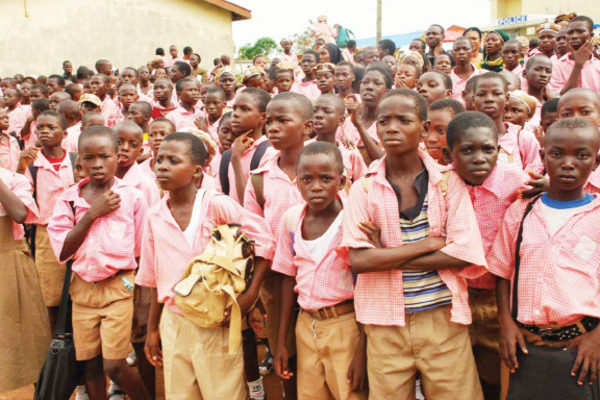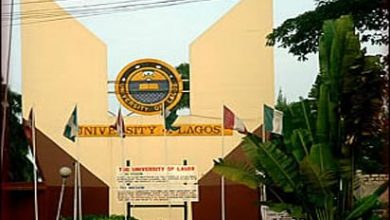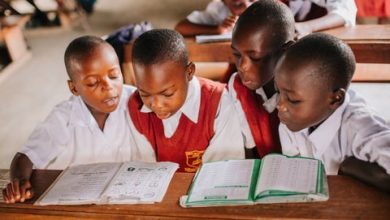Unesco Says Nigeria Does Not Capture Basic Data On It Education System

The United Nations Educational, Scientific and Cultural Organisation (UNESCO) has categorized Nigeria among those who “don not even capture basic data” about the number of teachers, funding and other key variables in the sector, describing information on Nigeria educational sector as scarce.
UNESCO disclosed this in the Global Education Monitoring Report, Inclusion and Education- All means All, released, where it noted that UNESCO institute for statistics (UIS) database did not have recent data from Nigeria in Many areas.
In a summary of its findings, UNESCO after a review of 11 sub Saharan education ministries in African countries confirmed Cameroon and Nigeria had no enrolment data on children with visual impairments.
“The scope and quality of the data, where available, often remains limited” It explained.
“Ghana, Kenya and Zambia could provide data for children in special and integrated schools but not mainstream ones. Moreover, some ministries stressed the potential lack of data reliability.”
UNESCO disclosed that teachers-related indicators shows only about 58percent of sub-Saharan African countries reported data on primary education and 25 percent on upper secondary education since 2016.
“Of the six most populous countries, only the United Republic of Tanzania has regularly reported the number of teachers in primary education. The Democratic Republic of the Congo and South Africa last reported in 2015, and there are no data in the UIS database for Ethiopia, Kenya (other than UIS estimates) and Nigeria,” It said.
The International body further added that, when information is not available, it would be impossible to report on certain global indicators, including the percentage of the trained and qualified teachers.
“Trained or qualified is an important distinction qualified refers to academic qualifications, such as an undergraduate degree required to teach. This is separate from teaching training. A teacher can be qualified, trained, both or neither,” It stated.
There has been no report by the UIS on expenditure data for Nigeria and since year 2000.
“In Nigeria, where data are scarce, education expenditure amounted to 1.7percent of GDP and 12.5 percent of total public expenditure in 2013. Well below the estimated regional averages.
“Inadequate data means we are missing a huge part of the picture. It is no wonder the inequalities suddenly exposed during the COVID-19 took us by surprise,” Manos Antoninis, Director of the Global Monitoring Report at UNESCO explained.






